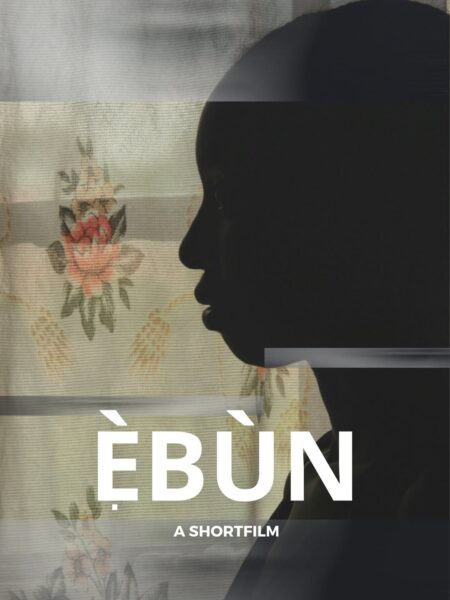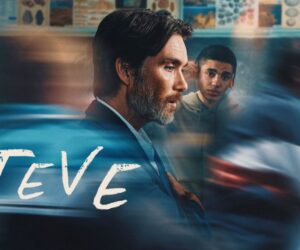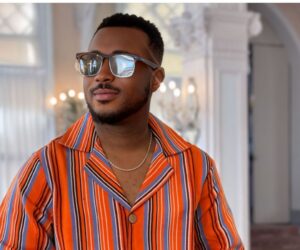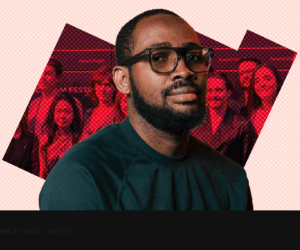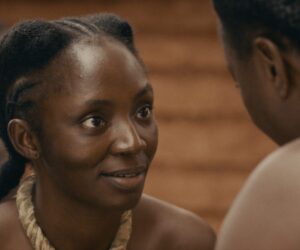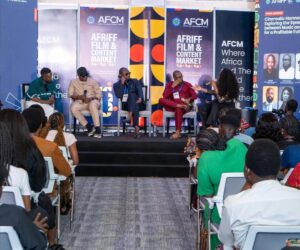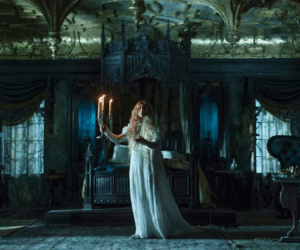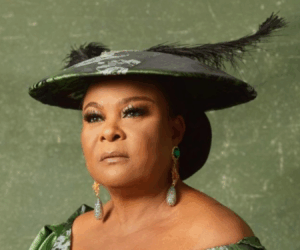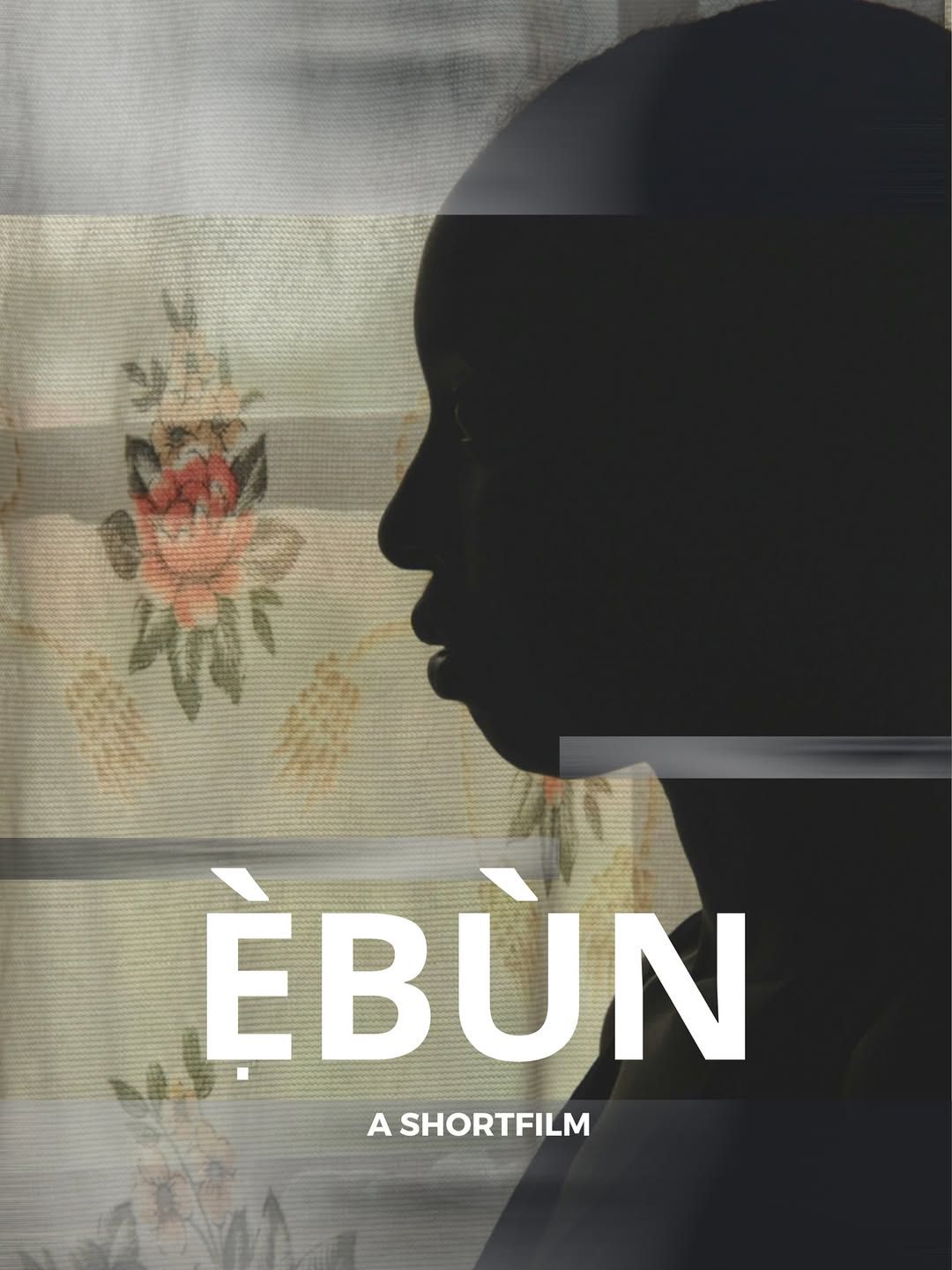
The upcoming short film, now in post-production, follows the journey of Sadé, a young deaf girl navigating life in Lagos. Through silence, sound, and belonging, the film reframes deafness not as a limitation but as a gift.
At the heart of Ebun are two creative minds: Lucy Oigbochie “Abena”, the producer with a flair for meaningful storytelling, and John Ekeh, the writer-director who has built a career teaching, mentoring, and crafting stories grounded in intimacy and resilience.
In commemoration of Deaf Awareness Week, Pulse Nigeria sat down with both of them to talk about collaboration, representation, and the challenges of bringing Ebun to life.
RELEVANT: Yes, deaf people watch movies – Here’s how they do it
The birth of a creative partnership
Abena first met John as her cinematography teacher at EbonyLife Creative Academy. What started as a classroom connection quickly grew into mutual respect.
“He’s very responsible,” Abena recalls. “I knew he was someone I could trust with a project. I could sleep and be sure the work would get done.”
For John, it was Abena’s hunger to learn that stood out. “She already had producing experience,” he says. “But she wanted to understand cinematography deeply. I like people who want to explore filmmaking to the fullest. That’s when I knew we could work together.”
That spark eventually led to Ebun.
READ THIS: 8 big lies about Deaf people that you probably believe
Why “Ebun”?
While many assume the title is a character’s name, John clarifies that Ebun means gift in Yoruba.
“Sadé, the lead character, has lived with hearing loss from birth. Silence became her new normal,” he explains. “At some point, she realises, this isn’t something to fix. This is me. This is my gift.”
The film, then, is about reframing disability as strength, a radical departure from Nollywood’s history of reducing disabilities to mockery or a side narrative.
ALSO READ: Are deaf people allowed to drive? The answer isn’t what you think
Rooting the story in authenticity
Authenticity was non-negotiable. John began by visiting a school for the deaf in Ikorodu, Lagos, where he connected with interpreters who helped him translate dialogue into Nigerian Sign Language. But soon he realised the project needed more.
Enter Esther, a child of deaf parents whom Abena discovered on TikTok. “She became instrumental,” Abena shares. “She trained our actors, connected us to the community, and even sent Mide to guide us on set.”
Casting was another challenge. The original actress, who was fluent in sign language, became unavailable after multiple schedule changes.
Eventually, newcomer Annabel was cast, and with Esther’s intensive coaching, she rose to the occasion. “We didn’t want audiences, especially deaf audiences, to see someone ‘trying’ to sign,” John stresses. “We wanted them to believe it.”
READ THIS: 4 surprising ways Deaf people make phone and video calls today
Hopes for the film
For Abena, the goal is visibility. “Before Ebun, I didn’t even know there was a church for the Deaf in Lagos,” she says. “I just want this film to remind people that Deaf people exist, and that sign language is a language too.”
Nollywood’s disability problem
Both filmmakers agree that Nollywood has a long way to go. Abena recalls searching for Nigerian films about deafness. “There was none, except one where deafness was used as a joke,” she says. “Most times, disabilities are treated as comic relief or poverty porn. Rarely do they teach or explore anything.”
John echoes this. “Our festivals sometimes highlight issues like rape or domestic violence,” he says. “But disabilities? Almost never. On the big screen? Not at all.”
They hope that Ebun sparks a shift, showing that stories about disability are not niche but universal.
RELEVANT: 7 ways you might be damaging your hearing — and other hidden risks of going deaf
Lessons Learned
The project has changed both filmmakers personally.
“For me, I’ve become more open to conversations about disability,” Abena reflects. “Before, I used to think, ‘Why should I care?’ But now I realise it’s everyone’s business.”
John adds, “Disability is invisible when it comes to the deaf community. You don’t know someone is Deaf until they respond. That neglect is dangerous. Society needs to structure itself to include them, not just ramps for wheelchairs but also systems for the Deaf.”
READ THIS: Can Deaf People Listen To Music?
What happens next?
Though Ebun is still in post-production, both filmmakers are already dreaming ahead. John hopes to expand to feature-length projects and bigger collaborations.
Abena, ever the visionary, has her eyes on stories that cut across mental health, identity, and other urgent issues. This partnership is just beginning.
RECOMMENDED: Is deafness hereditary? Here’s what doctors say + other ‘deaf’ biases

